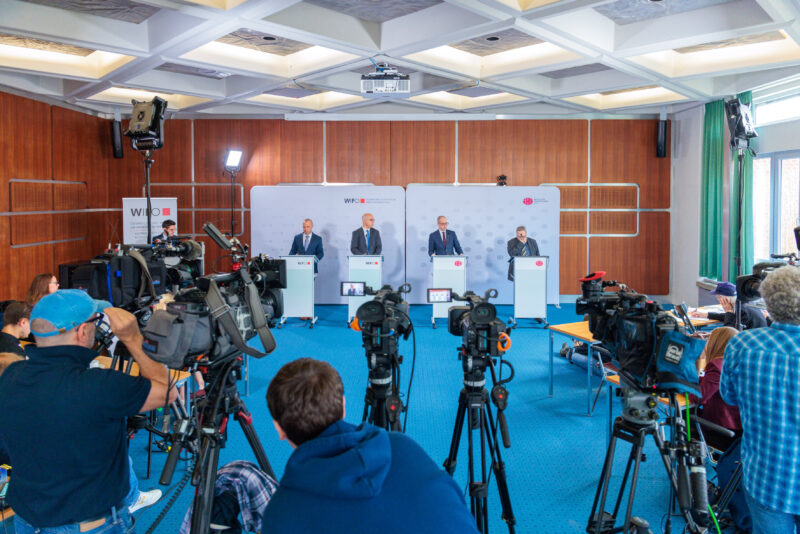
Effects of Reduced VAT Rates during the COVID-19 Crisis
An ex-post analysis of the temporary application of the 13 percent VAT rate to accommodation services shows an asymmetric pass-through of the tax changes to consumer prices. While about two-thirds of the increase in May 2015 was passed on in the form of higher prices, no timely price reductions are observable for the reduction in November 2018. Despite the price increase, an increase in the number of overnight stays has been observable in the affected period.
An initial assessment of the current reduction shows that the reduction is only incompletely reflected in the form of lower prices. Thus, in line with the intention of economic policy, the measure also acts as an effective business stimulus. In principle, the introduction of a third reduced VAT rate does not comply with European law, but because it is limited in time, it is unlikely to lead to any consequences on the part of the European Commission.
Publications
Please contact

























